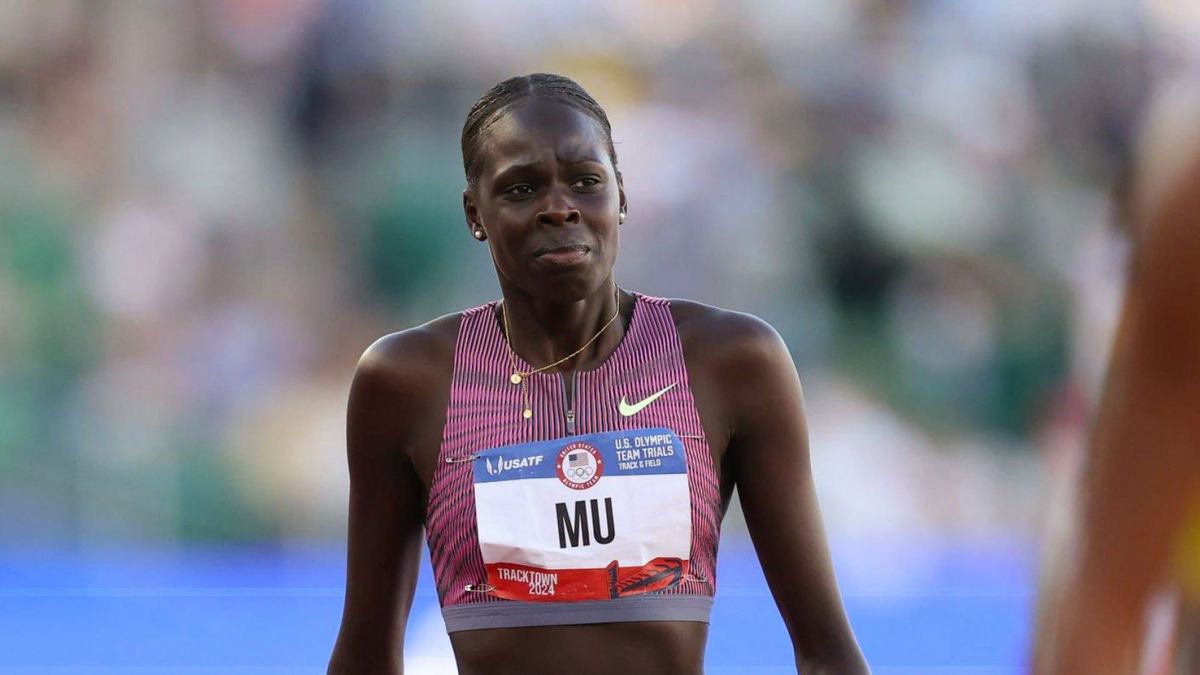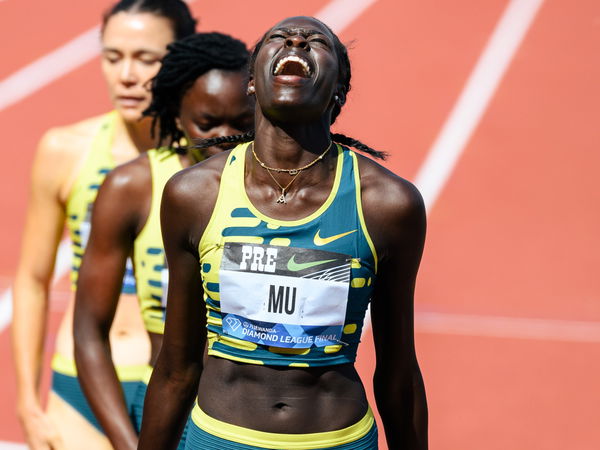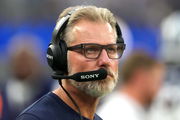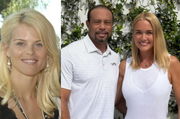

“You only get one shot, do not miss your chance to blow. This opportunity comes once in a lifetime,” sings Eminem in “Lose Yourself.” For track & field’s 800-meter reigning Olympic champion, Athing Mu, these lyrics hit home harder than ever. Her journey towards defending her Olympic title hit several hurdles early on: a hamstring injury had her on crutches and scooters for weeks before the trials. Despite this setback, she fought her way into the final race.
Watch What’s Trending Now!
But in a heartbreaking twist, during the 800-meter finals at the US Olympic trials, a tangled mess led to a fall at the 200-meter mark, dashing her hopes for Paris. This heartbreaking turn hasn’t just left the track and field community gutted; it’s also stirred up anger about how unforgiving the Olympic selection process can be. To add fuel to the fire, Mu’s team has now filed a complaint, hinting at foul play during the trials.
In a post on X by Chris Chavez of CITUS MAG, he shared a paragraph from a Sports Illustrated report about the unfolding drama after Athing Mu’s fall during the women’s 800m finals. It all started on Monday, June 24th, when Mu’s team lodged a protest right after her race. Her iconic coach, Bobby Kersee, pointed out the spike marks on her leg, suggesting she was struck from behind intentionally, and not by accident.
ADVERTISEMENT
“Mu’s team filed a protest late Monday night. Kersee says that the track spike marks on her leg show that she was hit by the runner behind her, not the other way around. Therefore, they argued that she was impeded, and the contact wasn’t incidental. Mu’s team says all eight… https://t.co/Eoec3LvpRM
— Chris Chavez (@ChrisChavez) June 28, 2024
The team argued that NBC’s footage, despite having eight different angles, did not capture the crucial viewpoint from outside the track, which would have shown what really happened. Despite Mu’s team presenting these arguments, USATF officials reviewed the footage and rejected the appeal the following Tuesday morning, without providing any specific reasons publicly. Undeterred, Mu’s representatives filed another appeal on Wednesday, but this was swiftly dismissed within an hour.
Mu’s team felt the rules justified a race rerun due to the obstruction she faced. However, USATF ultimately turned down all appeals and protests. So, despite Mu’s impressive track record, she won’t be heading to the Paris Olympics. While this sheds light on how brutal the Olympic trials can be in picking the team, let’s explore the changes Athing Mu’s team is pushing for.
ADVERTISEMENT
Rocky Arceneaux and Coach Bobby Kersee’s cry for change in the Olympic selection process
Athing Mu’s agent, Rocky Arceneaux, and coach Bobby Kersee didn’t mince words about the U.S. selection process, calling it “unforgiving.” Like many in the track and field community, they believe that the issue here was the strict U.S. system, that says only the top three finishers in each event at the trials get to go to the Olympics, with no exceptions. Bobby Kersee pointed out that in Jamaica, they take the top two finishers and sometimes even allow for a discretionary third selection.
ADVERTISEMENT
He also highlighted World Athletics, which reserves spots for defending champions and Diamond League winners and even allows countries to bring a fourth competitor if they qualify differently. On the other hand, Athing Mu’s rival, Keely Hodgkinson from Great Britain, doesn’t even need to race to qualify. But while many agree with the need for change, in contrast, legendary veteran Michael Johnson commented on X and defended the USTAF’s selection system, arguing it ensures fairness, leveraging the depth of talent in the U.S.

ADVERTISEMENT
This intensity fuels every race with high stakes. However, Mu’s team questioned whether this system was the best approach. They think some flexibility could keep things exciting and give top athletes a fairer shot, even when luck isn’t on their side like it wasn’t for Mu. They believe this would make the U.S. Olympic team even stronger in the long run. Regardless of what happens with Mu, Arceneaux is dead set on pushing for changes to the system to make it more adaptable.
Top Stories
Cowboys Fire Defensive Coordinator Matt Eberflus: Contract, Salary, NFL Earnings & More

Ross Chastain Labels NASCAR Driver “The Most Punchable Face” to Excuse Himself Over Punchgate Controversy

Arman Tsarukyan Back in Play as Justin Gaethje Staph Infection Rumors Causes Fan Panic Before Paddy Pimblett Fight

10 Biggest NFL Draft Busts of the Last Decade, Including Trey Lance and Justin Fields

Blue Jays To Ditch Kyle Tucker For Beloved Toronto Star As Toronto Bids To Bolster Vladimir Guerrero Jr., Per Insider

Ex-Wife Elin Nordegren’s Reaction to Tiger Woods Dating Vanessa Trump Speaks Volumes

And even though Mu won’t be in the 800-meter finals, there’s still a chance she could head to Paris for the 4×400-meter relay, just like she did in Tokyo when she grabbed another gold. What’s your take on Athing Mu missing out on the Paris Olympics and her team’s push for changes in the US selections? Drop your thoughts below!
ADVERTISEMENT
ADVERTISEMENT
ADVERTISEMENT
ADVERTISEMENT

